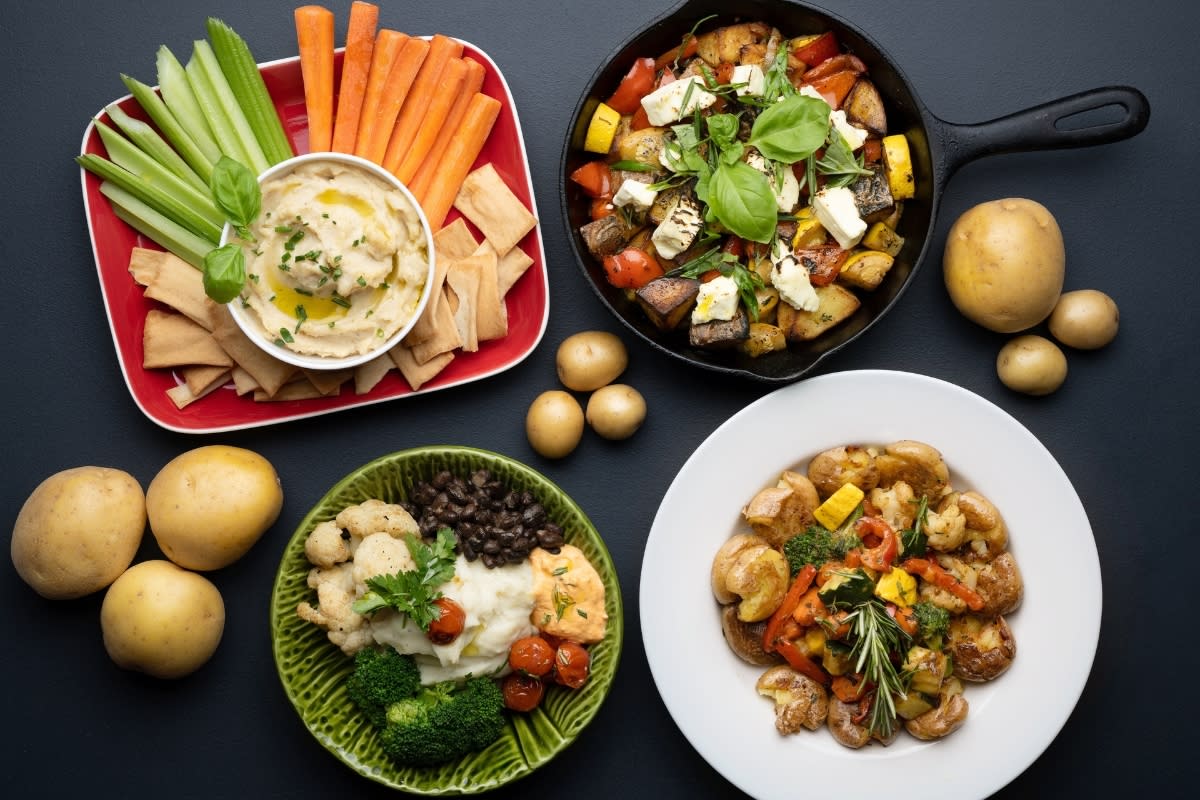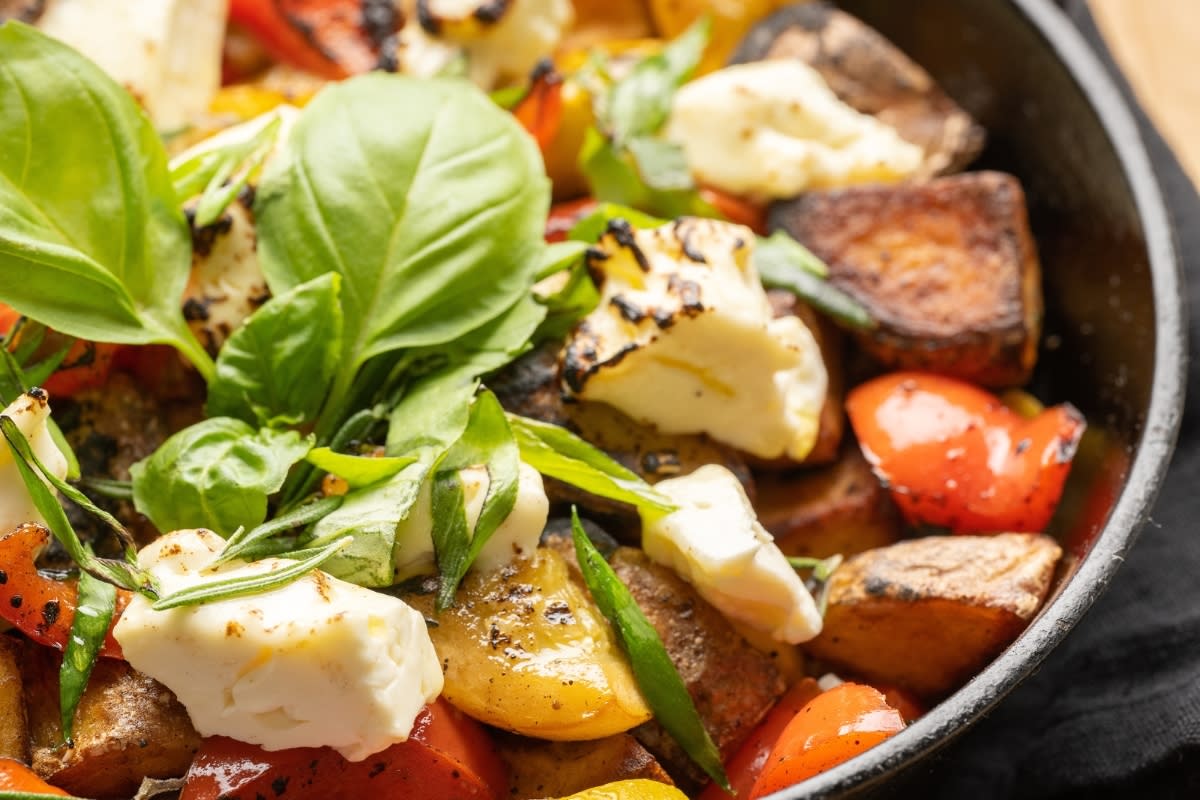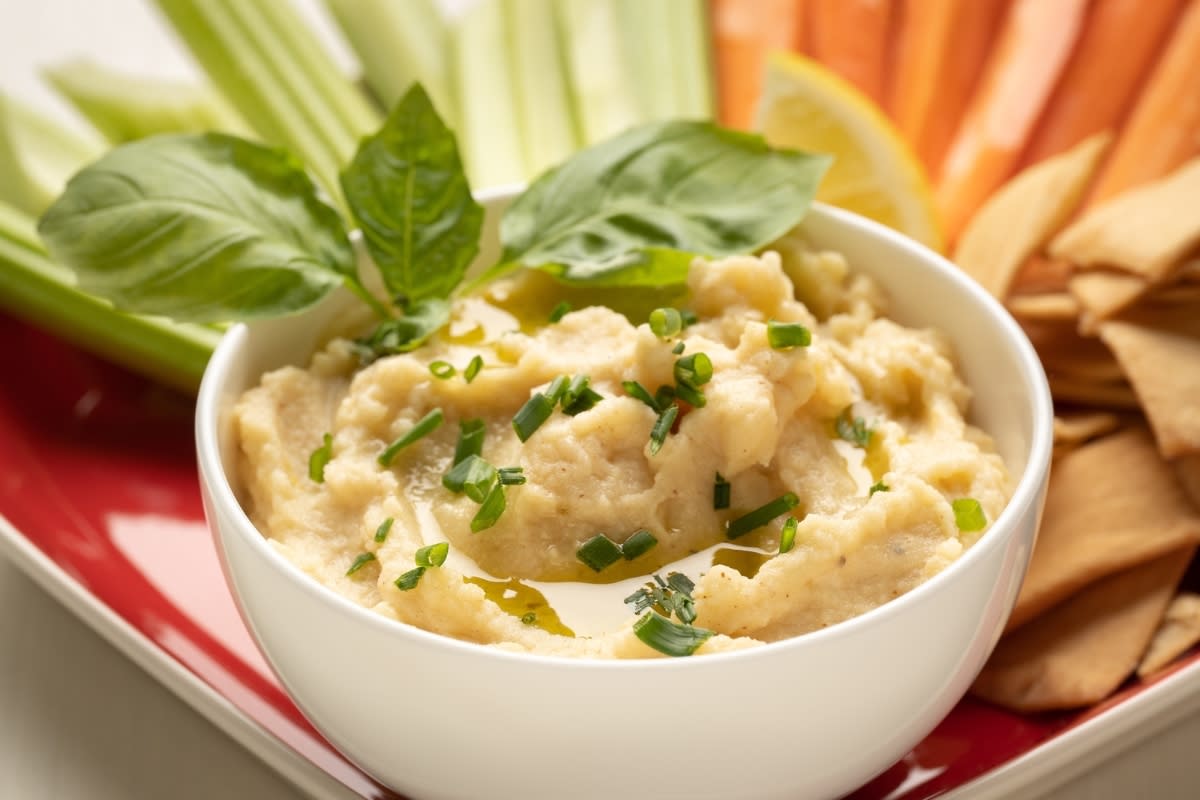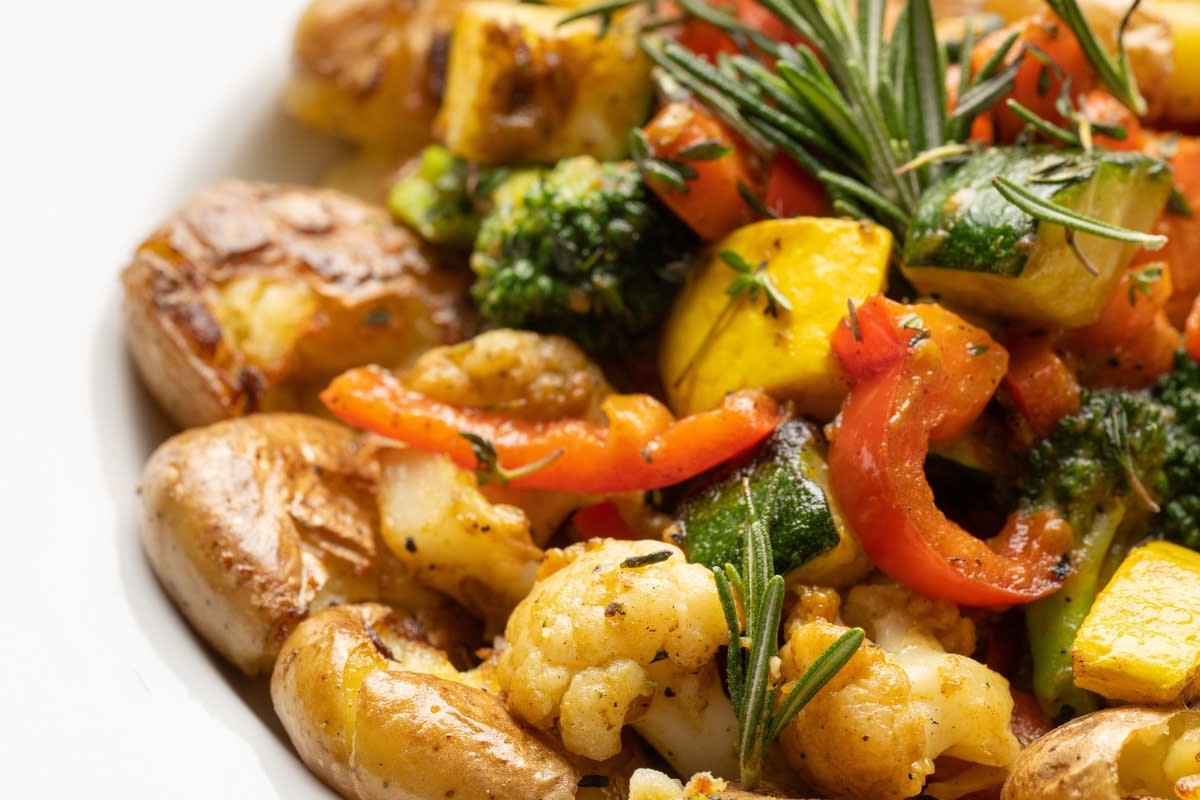Meet Oregon’s Newly Anointed State Vegetable
At least one kind of drought is over. Oregon went 164 years without claiming an official state vegetable, and the Oregon State Legislature recently designated the Potato as the official state vegetable. Potatoes join counterpart symbols: Pears, the official state fruit; Dungeness Crab, the official state Crustacean, and Milk, the official state beverage.
With over 45,000 acres in Oregon dedicated to growing potatoes, they are the number one selling vegetable in the state. This designation is something that is good for all of Oregon agriculture. It brings growers and consumers together across the state and is a way to educate and share the importance of rural Oregon’s role in feeding communities, as well as being an economic driver locally and internationally.

Potatoes are considered one of the original superfoods. Fiber-rich, full of antioxidants, low in sodium, and gluten, fat, and cholesterol-free, potatoes sit at the top of nutrition’s throne when it comes to vegetables. Providing far more potassium than bananas, potatoes boost heart health, help lower blood pressure, and reduce the risk of heart disease and stroke. The abundant fiber in potatoes also supports gut health and weight loss.
When Oregon Potato Commissioner and Culinary Ambassador Leif Benson discovered five years ago that Oregon didn’t have a registered state vegetable, he strapped on his boots and went to work. Patience was required, with Covid shutdowns stalling progress for a couple of those years. “Oregon State Senator Bill Hansell was approached to create a bill making the potato the state vegetable,” said Benson, “with his support, and the Oregon Potato Commission moving all the chess pieces around at the capital to make this happen, it happened.”
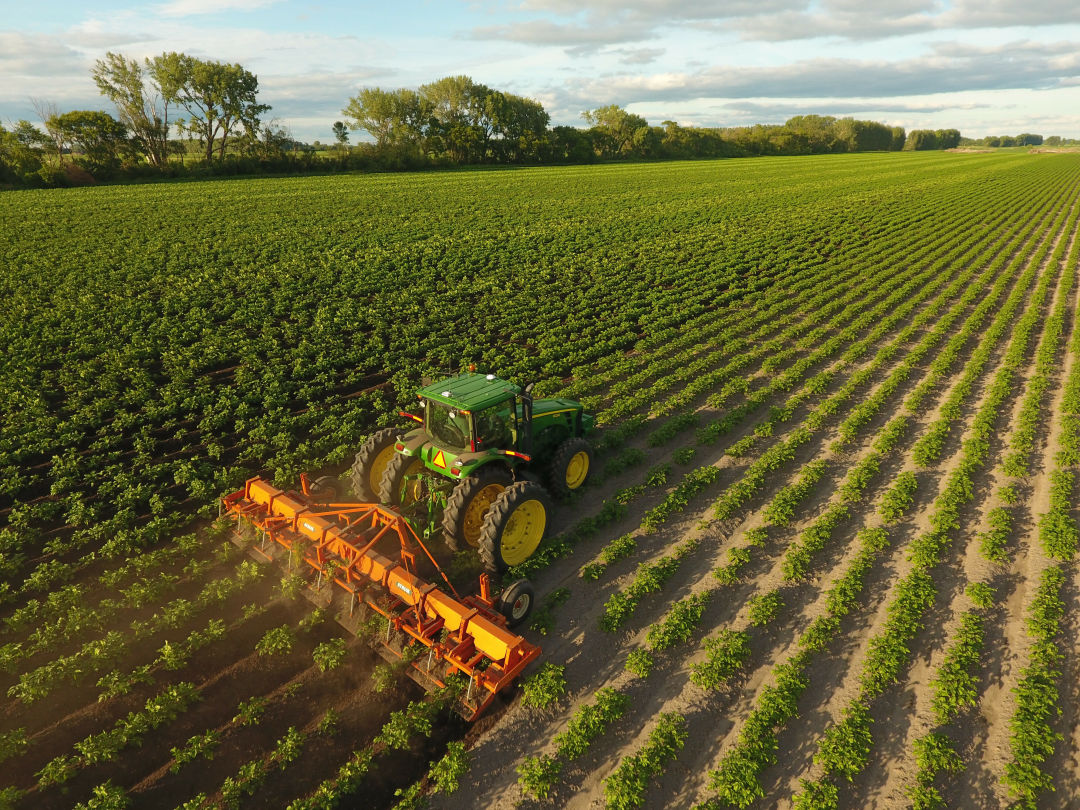
Benson also had Gary Roth, the Executive Director of the Oregon Potato Commission, as a natural support championing the case for the potato. The idea of acquiring state vegetable status was posed by Benson in one of Roth’s very first meetings at the helm.
Roth grew up on a 300-acre farm in Scappoose and majored in agriculture at Oregon State University. After decades with the Oregon Department of Agriculture, he was ready to focus on just one commodity. “I found my perfect fit; I’m like a kid in a candy store. One of the greatest joys of being with the commission is learning firsthand what a wonderful, healthy, and nutritious product the potato is,” said Roth.

Benson has traveled internationally to promote Oregon potatoes, with Japan being the biggest trading partner on the West Coast. Said Benson, “Oregon potatoes are very valued internationally.” There are century potato farmers in Oregon, which Benson said, “is a big deal.” Over 1,200 farms and ranches in Oregon have reached the 100-year milestone, a prerequisite being that a farm or ranch is operated continuously in the same family for 100 years or more. Mark Ward of Baker City is one of those honored farmers.
Ward Ranches started with a small crop of potatoes nearly 110 years ago. “My grandfather started raising potatoes in 1915,” said Ward, “and the first crop was in 1919, so we achieved century farm status in 2019.” The Ward family owns and leases multiple properties around Baker Valley for potato production, though he said they are ‘small potatoes’ when it comes to their family’s farm size.

About the potato being named the official state vegetable, Ward said “that’s my family heritage; my grandfather was a charter member of the Oregon Potato Commission. I’m very proud that the people in Oregon recognize the potato as an important part of Oregon agriculture.”
Oregon potato farmers donate over a million pounds annually to the Oregon Food Bank, with some farmers, like Dan Chin, making it an annual mission to contribute to that donation. “When the Oregon Food Bank called and needed product, we’d donate.”
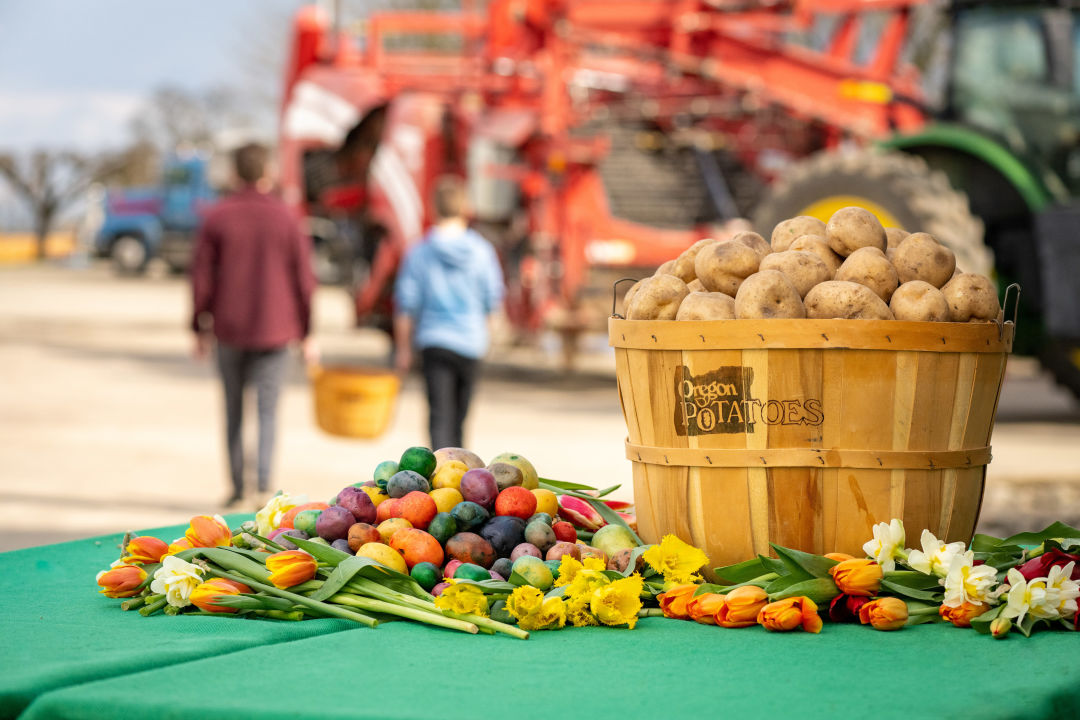
Said Chin of the potato’s new status, “it’s awesome. There’s no question that this will help in (growing) the awareness for people in Oregon and other states that we are #4 in the nation for potato production. To see it be the state vegetable makes me very happy.”
